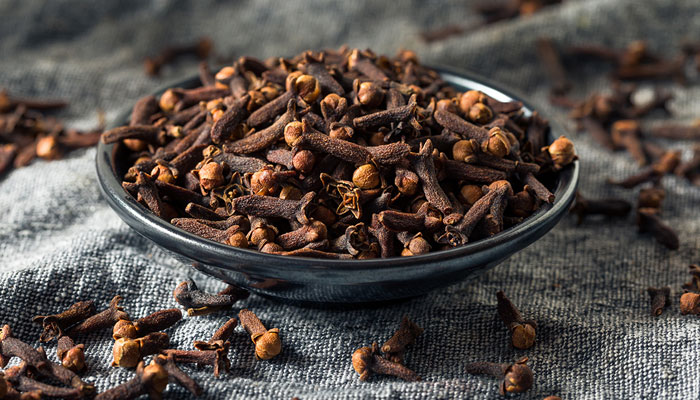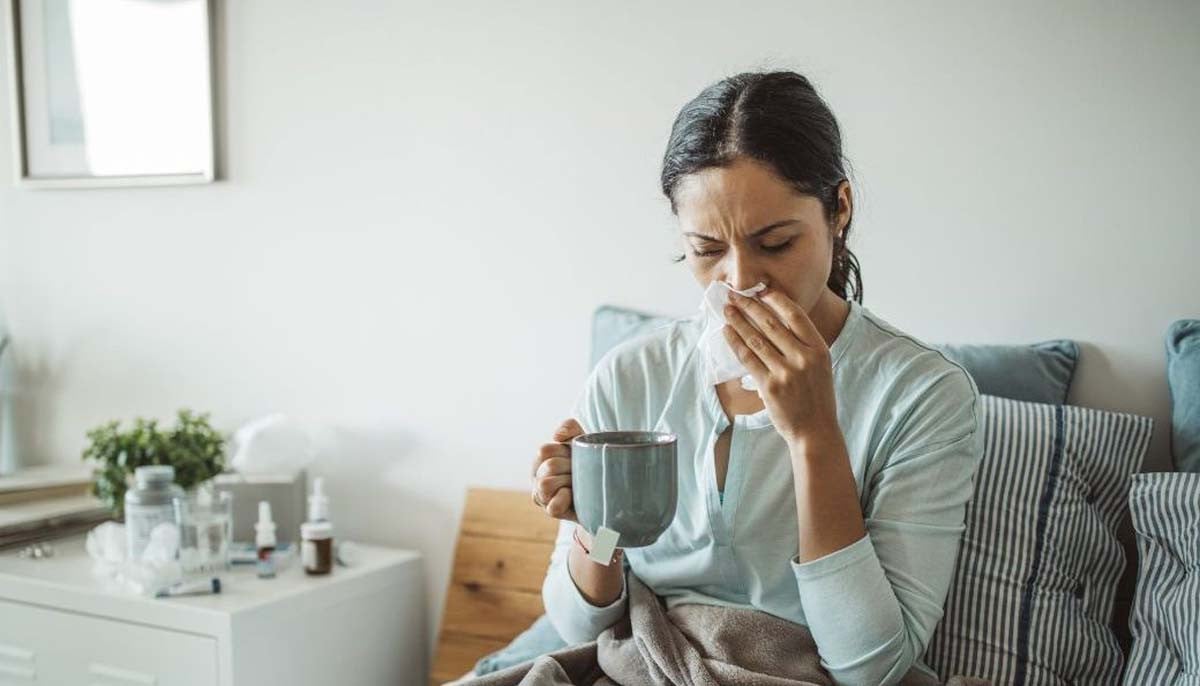Exploring amazing health benefits of clove supplements
Cloves have been proven helpful in fighting infections and maintaining blood sugar levels
Clove supplements, derived from the buds of the Syzygium aromaticum tree native to Indonesia's Maluku islands and recognised for their unique combination of sweetness and bitterness, have found their niche not only in kitchens but also in traditional healing practices.
Today, they're gaining traction as dietary supplements due to their rich composition of beneficial plant compounds.
Origins and potential of clove supplements
Clove supplements originate from Maluku islands, where the Syzygium aromaticum tree thrives. Beyond traditional practices, modern studies have shed light on their potential as dietary supplements, primarily attributed to their potent anti-inflammatory and antioxidant properties. These effects are driven by key compounds such as eugenol, which is known for its anti-inflammatory, anticancer, and pain-relieving attributes.
Fighting infections
Cloves, revered in ancient healing, are gaining modern recognition for their infection-fighting abilities. Research highlights their antibacterial, antifungal, and anti-inflammatory strengths. Against foes like Candida yeast, Aspergillus fungus, and pneumonia-triggering bacteria, clove-based products stand strong. A standout example is clove-infused mouthwash, proving crucial in preventing pneumonia in intensive care settings.
Balancing blood sugar
Clove extracts might aid in managing blood sugar levels, showing promise for prediabetes and beyond. A small study observed lowered post-meal blood sugar with clove supplementation. How this impacts liver glucose production needs further exploration.
Guiding Your Clove Supplement Journey
In the surge of interest, cautious consumption matters. Capsules and liquids offer diverse blends of ground cloves, extracts, and herbs. Scrutinising labels for allergens is vital. While dosing advice is limited, esteemed groups like the World Health Organisation provide helpful insights.
-
NHS warning to staff on ‘discouraging first cousin marriage’: Is it medically justified?
-
Ariana Grande opens up about ‘dark’ PTSD experience
-
Dakota Johnson reveals smoking habits, the leading cause of lung cancer
-
Chris, Liam Hemsworth support their father post Alzheimer’s diagnosis
-
Tom Hanks diabetes 2 management strategy laid bare
-
Catherine O’Hara becomes beacon of hope for rectal cancer patients
-
FDA sends 'refusal-to-file' to Moderna over new flu vaccine
-
Cure flu with theses two golden foods












